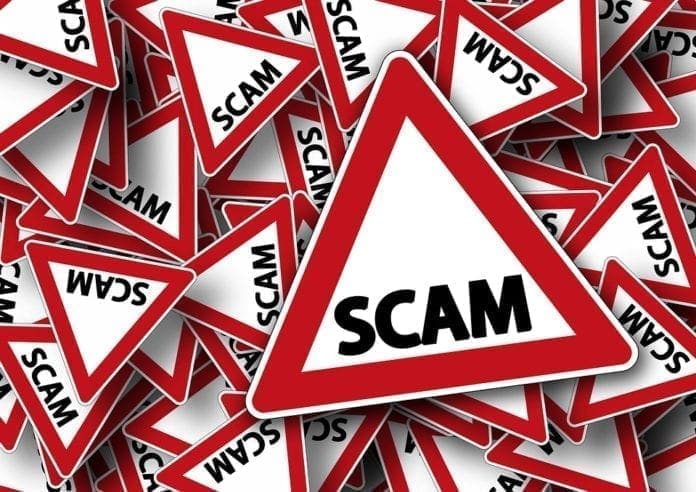We get a myriad of snail mail. We get bills, political ads, catalogues, promotional items. Occasionally, we get mail from friends and family. We also get scam snail mail. Despite the onslaught of email, mail scams are still big business, and the ploy’s to steal your identity or your money vary.
There’s the “hard luck story”. The letter looked like mail from a friend. It appeared to be handwritten and was addressed to me. (Names and addresses are available on-line, and mail lists can be purchased.) The letter went something like “Hello. You don’t know me. I am a 57-year-old woman who is terminally ill.”
And it went on about the diagnosis, a lost job, having dependent children, and needing money. It was lengthy and detailed the misfortunes that had been suffered. Scripture was referenced about caring for our fellow man, and the author tried to push the “guilt” button. Don’t send anything!
Another postal scam involves changing your address with the post office, diverting all your mail to whomever. The postal service sends you a confirmation of the change which you may miss or consider unimportant. Pay attention to these Postal Service notices and if you have not initiated the change, contact the Postal Service immediately.
Scammers may also take credit card or insurance offers out of your garbage and return these in your name. Be sure to shred your mail. Don’t just throw these mail pieces in the trash!
Tax season is upon us! Beware of letters coming in the name of the Bureau of Tax Enforcement (no such entity exists) and possibly referencing the Internal Revenue Service. Scammers prey on our reaction to a letter we associate with our taxes! The letters may threaten liens or even arrest. (Scammers will also call about delinquent taxes.) If you have questions about your tax status, call the Internal Revenue Service at 1 800 829-1040. DO NOT call the number referenced in the letter. Don’t fall for this!
Be cautious. Don’t engage scammers whether by snail mail, email, telephone or in person. Do not release personal information. Report scams to the local law enforcement, the FBI, the FTC, and your state’s Attorney General.
Watch your mailbox, too. You may want to invest in a locking box or possibly security cameras. (Shop wisely for the new video doorbells and pay attention to security features as there have problems with hacking.)
Go to USA.gov for information on unwanted solicitation and how to avoid scams. The US Government Services and Information website also offers the Consumer Action Handbook which you can download.
Sources: aarp.org, https://www.aarp.org/money/scams-fraud/info-2018/scam-alert-change-of-address-fraud.html, “Don’t Ignore Missing Mail”; forbes.com, https://www.forbes.com/sites/kellyphillipserb/2019/08/05/beware-fake-irs-letters-are-making-the-rounds-this-summer/#1be0d7c3b945, “Beware: Fake IRS Letters Are Making the Rounds This Summer”; usa.gov, https://www.usa.gov/telemarketing, “Telemarketing and Unwanted Mail”; Consumerreports.org, https://www.consumerreports.org/video-doorbells/best-video-doorbells-of-the-year/, “Best Video Doorbells of 2020”.
Ann Koegler, MA, LSW
Altenheim Resource & Referral Services, Wheeling WV


